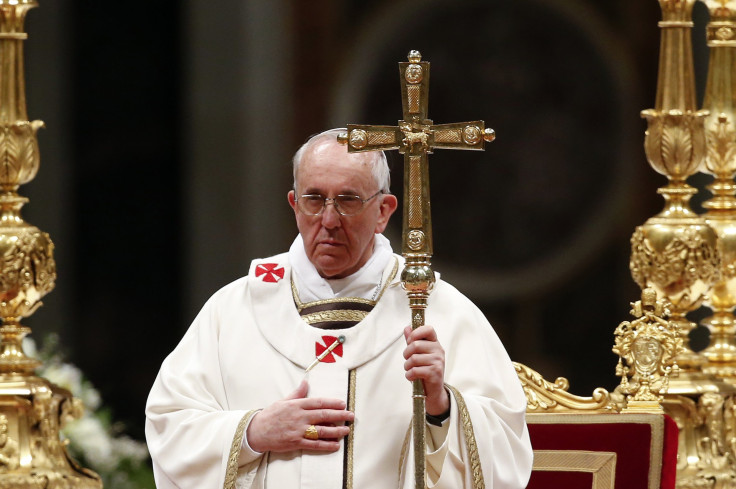
Also known as Easter Vigil, Holy Saturday has had a long and varied history. As the Catholic Encyclopedia notes, "in the early Church this was the only Saturday on which fasting was permitted." For many centuries, both Saturday and Sunday, were considered the days of Christ's Resurrection, and some people still refer to it as Easter Saturday. It is the day before Easter and the last day of Holy Week in which Christians prepare for Easter commemorating the day that Jesus Christ's body lay in the tomb and the Harrowing of Hell. Also, on this day, the Blessed Virgin Mary as Our Lady of Sorrows is assigned the title Our Lady of Solitude, referring to her solace and grief at the death of her son Jesus.
As a day of mourning, Holy Saturday carries many traditions and recommendations, so we've gathered just a few that could follow on this sacred day:
1. On this day the Church abstains strictly from the celebration of Mass and the celebration of marriages is forbidden, as is the celebration of other sacraments.
2. While Holy Saturday is a day of mourning, some families take their Easter food to be blessed at Church in preparation for Sunday's feast.
2. Before that, a morning prayer is highly recommended, as well as fasting, which is also encouraged as an act of devotion suited to the mystery celebrated this day, but not required.
3. Those of penance, sick or in danger of death are allowed to celebrate certain sacraments such as Baptism.
5. Easter Vigil is the vigil held on the evening before Easter (the full meaning of Vigil being to await for the coming of the Lord). The entire celebration of the Easter Vigil takes place at night. It should not begin before nightfall; it should end before daybreak on Sunday.
© 2024 Latin Times. All rights reserved. Do not reproduce without permission.
